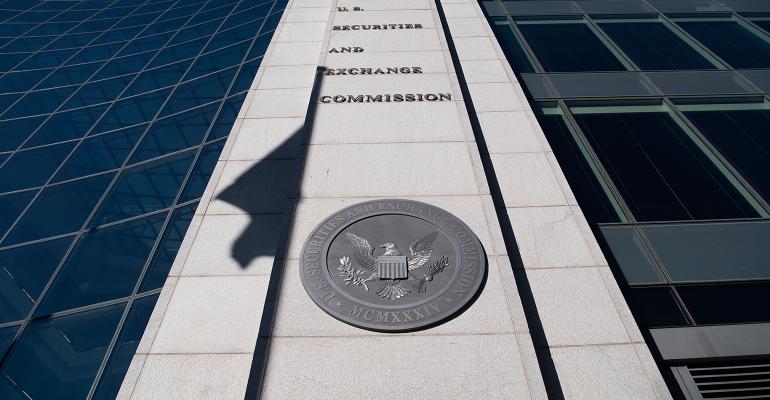A San Antonio–based investment advisor concocted a fraud scheme that brought in about $58 million from almost 300 investors over the course of six years, according to a new complaint from the Securities and Exchange Commission.
The SEC alleges that Robert J. Mueller was an advisor for two pooled investment funds that he created (his company, deeproot Funds, also served as an advisor). Beginning in at least September 2015, Mueller began enticing investors, including many retirees, to cash out their annuities and individual retirement accounts with other investment companies, and to place those assets into Mueller’s funds.
According to the complaint, Mueller told investors their funds would be used to purchase life insurance policies insuring people’s lives who were not affiliated with Mueller or his funds, who’d sold their policies for cash settlements. By buying up these policies, Mueller could receive the “death benefit” of the policies, or their face value when the person in question died.
Mueller stressed that most of the clients’ funds would be used toward this purpose. He also said some of the assets in the funds would be used for “capital acquisition in deeproot-affiliated businesses,” according to the complaint, explaining that those investments would provide more safety and revenue until the funds could collect on the life insurance benefits.
But the funds’ assets in reality were used as a “piggy bank for available cash” that would fund business operations and expenses for Mueller and deeproot, according to the complaint. Mueller would end up spending much of the funds he raised on business expenses on credit cards and would only pay the bills with investors’ funds he attained at a later time.
“In doing so, Mueller and deeproot breached the fiduciary duties they owed to the funds in that they did not conduct, or document that they conducted, any analysis in advance of each transfer to determine whether these expenditures were a good or appropriate investment for his client funds,” the complaint read. "Rather, despite their fiduciary obligations, Mueller and deeproot made their ad hoc 'investment' decisions based on what was best for Mueller and the relief defendants at that moment.”
In addition to using the funds for business expenses, Mueller would raid “the piggy bank” for his own personal use, according to the complaint, paying himself more than $1.6 million in salary between 2015 and 2020, and using his businesses to misappropriate about $1.5 million in additional funds.
According to the commission, Mueller used the money to pay for private school tuition, art purchased from galleries, medical and dental bills, income tax payments, as well as fees and jewelry connected to his second and third weddings (in addition to legal payments from his second divorce).
According to the SEC, Mueller pleaded the Fifth Amendment against self-incrimination when asked about these expenses during SEC testimony. During the course of the scheme, Mueller used more than $820,000 of new client funds to pay previous investors in “Ponzi-like payments,” according to the commission.
The SEC complaint was filed in federal court in San Antonio, and named several of Mueller’s affiliated businesses and a Mueller family trust as relief defendants in the suit. The commission’s seeking disgorgement and civil penalties, as well as permanent injunctions for Mueller and the businesses.
Mueller could not be reached for comment.





